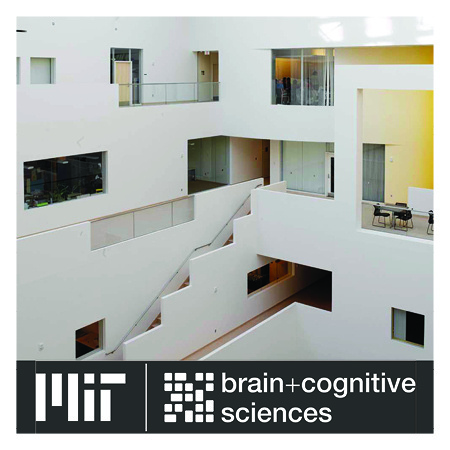
John Tauber Thesis Defense
Description
Title: Statistical Modeling of Disrupted Sensory Processing during Propofol-Mediated Unconsciousness
Advisor: Prof. Emery Brown, M.D., Ph.D.
A critical component of general anesthesia is unconsciousness, during which patients are unaware of their environment. Propofol, the most widely used anesthetic agent, induces slow-oscillations in local-field potential (LFP) recordings. Spiking becomes strongly coupled to the phase of the slow-oscillations, creating alternating irregular “Up” and “Down” states of high and low activity, respectively. Although it is well established that these changes in LFP and spiking interfere with intracortical communication, we have less understanding of how this disrupts sensory processing at the level of functioning networks. Here we used statistical modeling to investigate sensory processing during propofol-mediated unconsciousness. We utilized a rich experimental dataset containing LFP and spiking stimulus responses simultaneously recorded from Utah arrays in auditory cortex, associative cortex, and cognitive cortex of non-human primates before and during propofol-mediated unconsciousness. Due to the presence of Up and Down states conventional averaging of trials to estimate a mean sensory response is statistically invalid. We addressed this by developing a Hidden Markov Model (discrete-valued latent process) with point-process observations to estimate the mean stimulus response in each recorded brain area. Our results showed stimuli occurring during spiking Up states trigger weaker spiking responses than in awake animals in auditory cortex, and little or no spiking responses in higher order areas. In a second study, we further characterized functional properties of Up states in auditory cortex to discern if they are ‘awake-like’. We designed a State-Space Model (continuous-valued latent process) where stimulus responses were modeled as input-driven changes to the latent process. This structure enabled point-process observations to reflect a variety of response profiles across neurons as well as the ability to estimate responses with single-trial specificity. Preliminary evidence suggests stimulus responses during Up states changed heterogeneously across neurons in auditory cortex when contrasted with the awake state. Finally, we introduced a spike-field coherence estimation framework to capture the coupling of LFP and spiking. Our approach treats spiking data as point-process observations of a latent continuous-valued oscillatory process. While preliminary results indicate similar performance to naïve estimators, our framework can form the basis for customized estimators by adding additional structure to the model (e.g., sparsity), which may contextually improve spike-field coherence estimation. In conclusion, our findings suggest that the spiking activity during Up states is neurophysiologically distinct from spiking activity in the awake brain, possibly contributing to disruption of sensory processing. Moreover, the statistical techniques presented may benefit anesthesia researchers and the broader neuroscience community.

